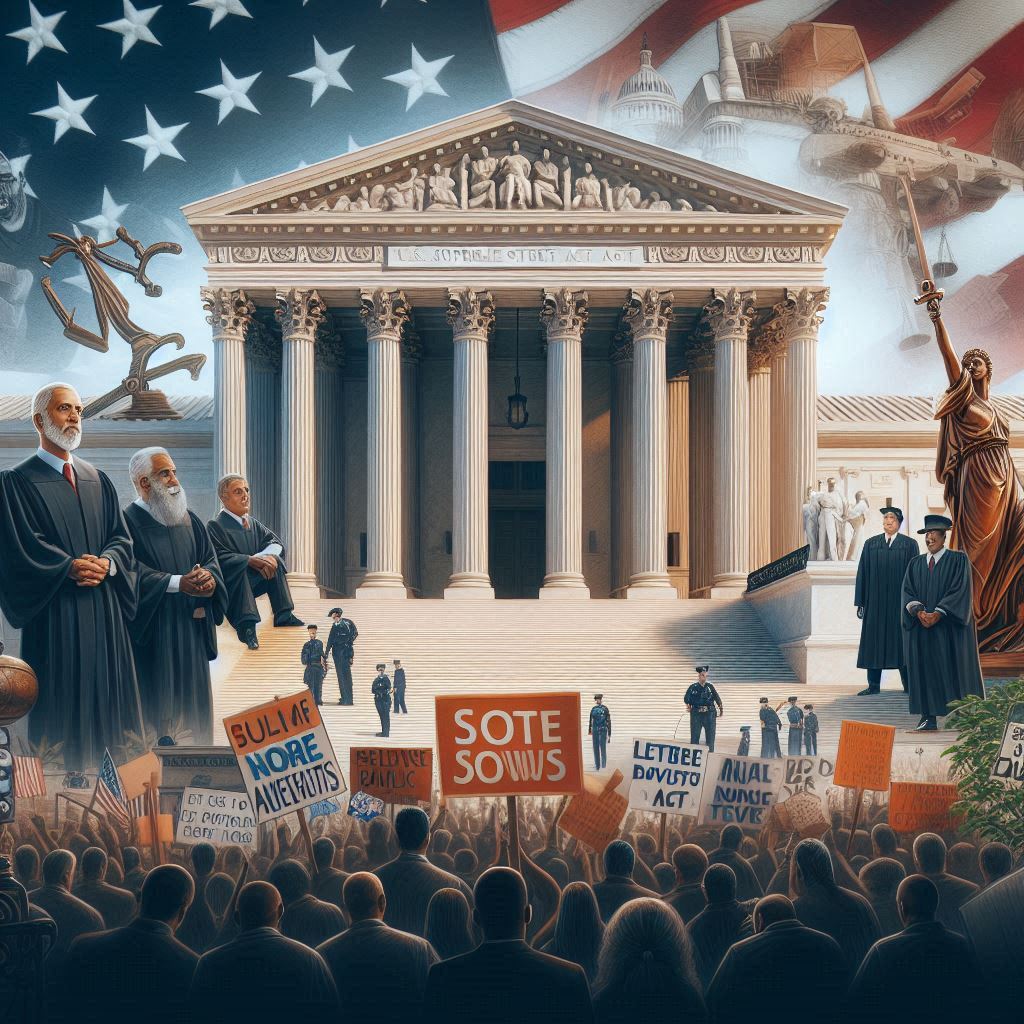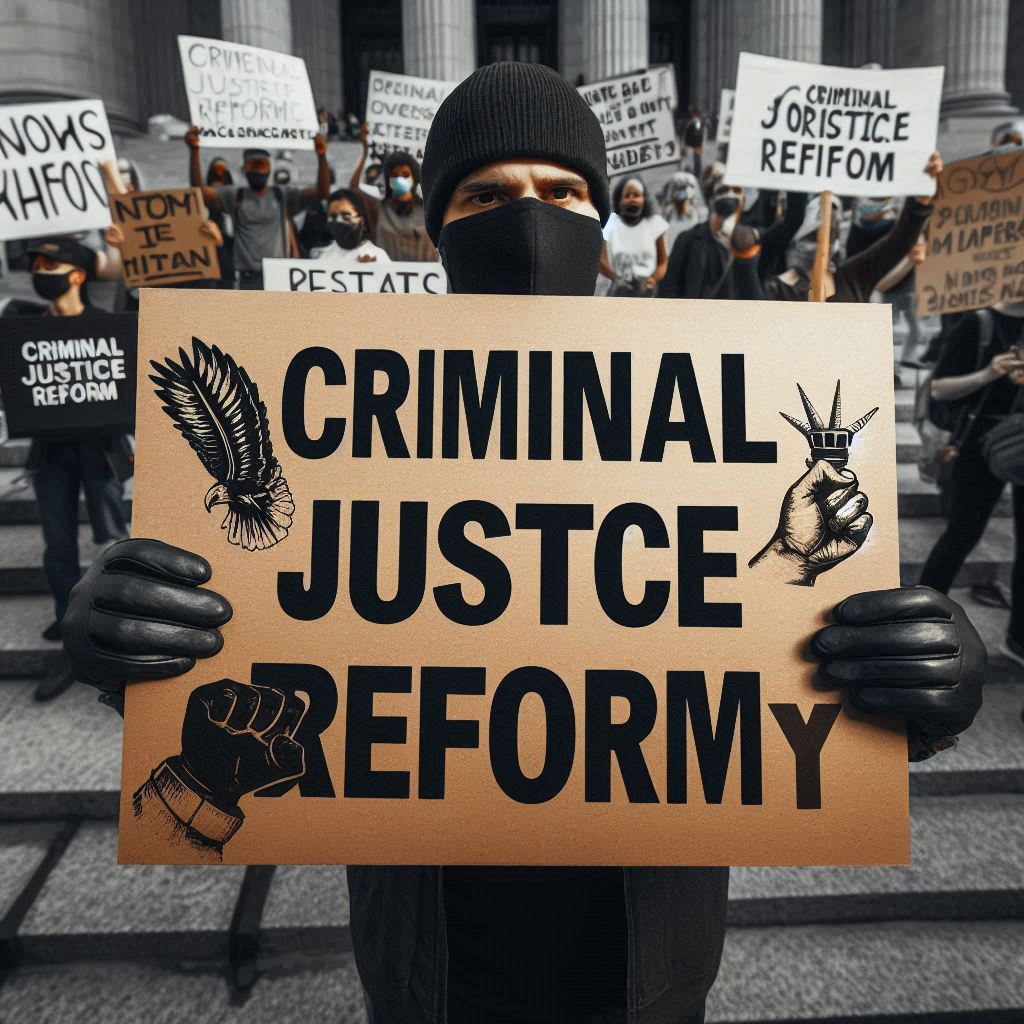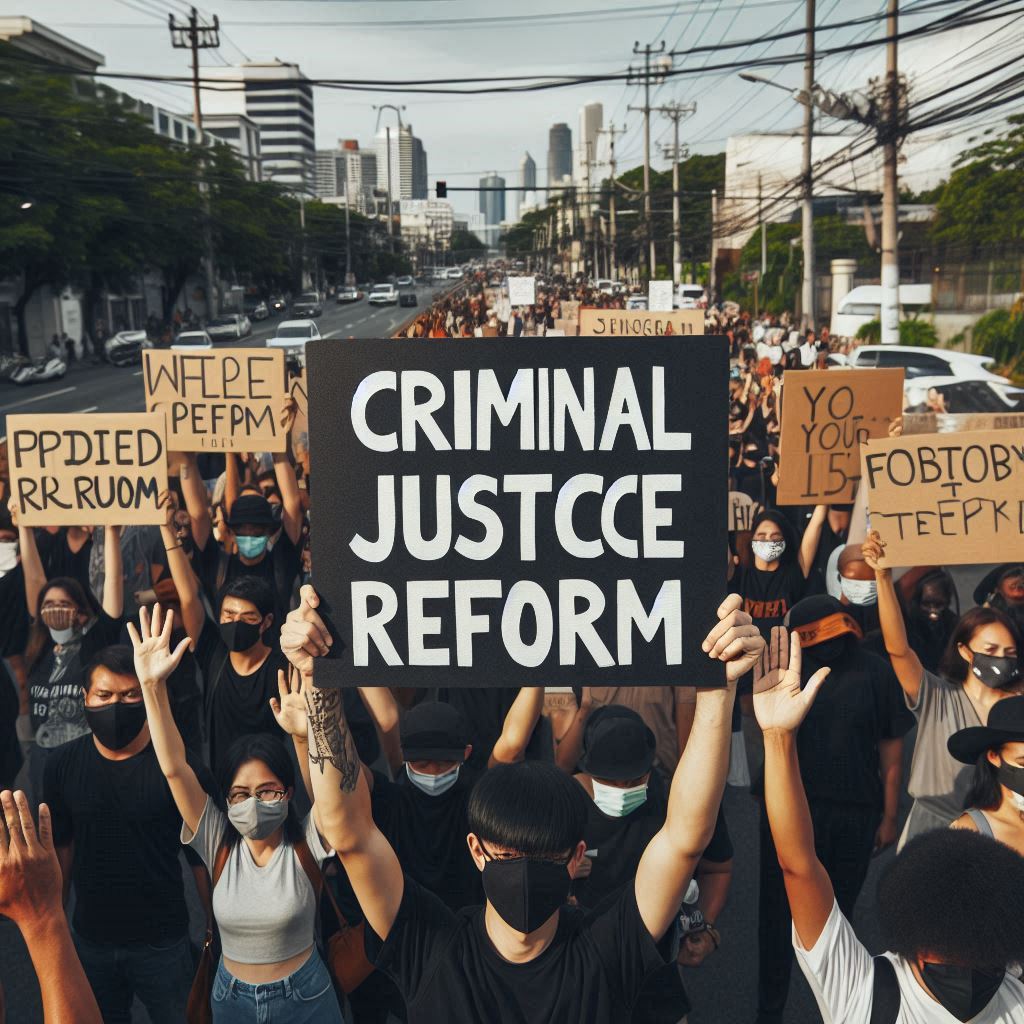August 8, 2024
Judicial Scrutiny on Criminal Justice Reforms, In a remarkable step, the Supreme Court appointed a former clerk to Justice Samuel Alito to argue cases involving the First Step Act. Only this move epitomizes the ongoing scrutiny by the judiciary of criminal justice reforms and their implementation, which, the Court believes, remains at the very forefront of issues.
- Increasing scrutiny of criminal justice reforms at the judicial level.
- This case may turn out to be an important ruling for future interpretations and applications of the First Step Act.
- First Step Act in a Nutshell: The First Step Act was signed into law in 2018 and aimed to reform the federal prison system while reducing recidivism. This legislation includes sentencing reform provisions, rehabilitation programs, and changes to mandatory minimum sentences.

This appointment, a former clerk to Justice Alito, makes the argument in these cases. It is of strategic dimension in view of the high order of stakes and complexity involved in interpreting the First Step Act. This person’s rich professional history with Justice Alito suggests acquaintance with judicial perspectives and niceties of criminal justice reforms.
- Judicial Scrutiny: Such involvement of the Supreme Court in these cases spotlights that the First Step Act will undergo continued judicial scrutiny. After all, the Court’s decisions can go further down to the root of the application and interpretation of the law, hence affecting thousands of federal inmates and the broader criminal justice system.
- Federal Inmates: Literally, how these cases are decided will determine whether federal inmates qualify for sentence reductions or early release under the First Step Act. Depending on how the Court wants to construe the law, it will either broaden or narrow the reach of such benefits.
- Independent Judiciary: The decisions that the Supreme Court makes in these cases will set a vital precedent and may influence future judicial rulings, thereby affecting the broader approach toward criminal justice reform throughout the United States.
Already, legal experts and advocates for criminal justice reform are watching this development closely. If it goes in a positive direction, it would lend kudos to other efforts pushing for more comprehensive reforms, while if the result is negative, calls would likely arise for legislative change.

The reaction to the appointment has been both in support and opposition. Supporters of the First Step Act are optimistic that the Court will uphold the intent of the law: offer relief and rehabilitation to inmates. Critics, on the other hand, say that application of the law has been spotty at best and that much tighter judicial control is called for.
- Future Developments: With the cases going forward, legal arguments and decisions are expected by stakeholders to determine how future developments of the First Step Act would take place. Involvement by the Court underlines the role that judicial interpretation must play in ensuring criminal justice reforms are translated into practice.
The appointment by the Supreme Court of a former clerk to Justice Samuel Alito to argue First Step Act cases marks something of a pivot moment in the ongoing judicial examination of criminal justice reforms. These cases are going to determine, to a large extent, the application of the law and set a line of precedents for future reforms. As outcomes of these cases are bound to have deep consequences on the federal prison system and the alteration of criminal justice at large, it’s little wonder that the legal community and reform advocates alike have attuned themselves to these developments.

Stay tuned for updates on these pivotal cases.



